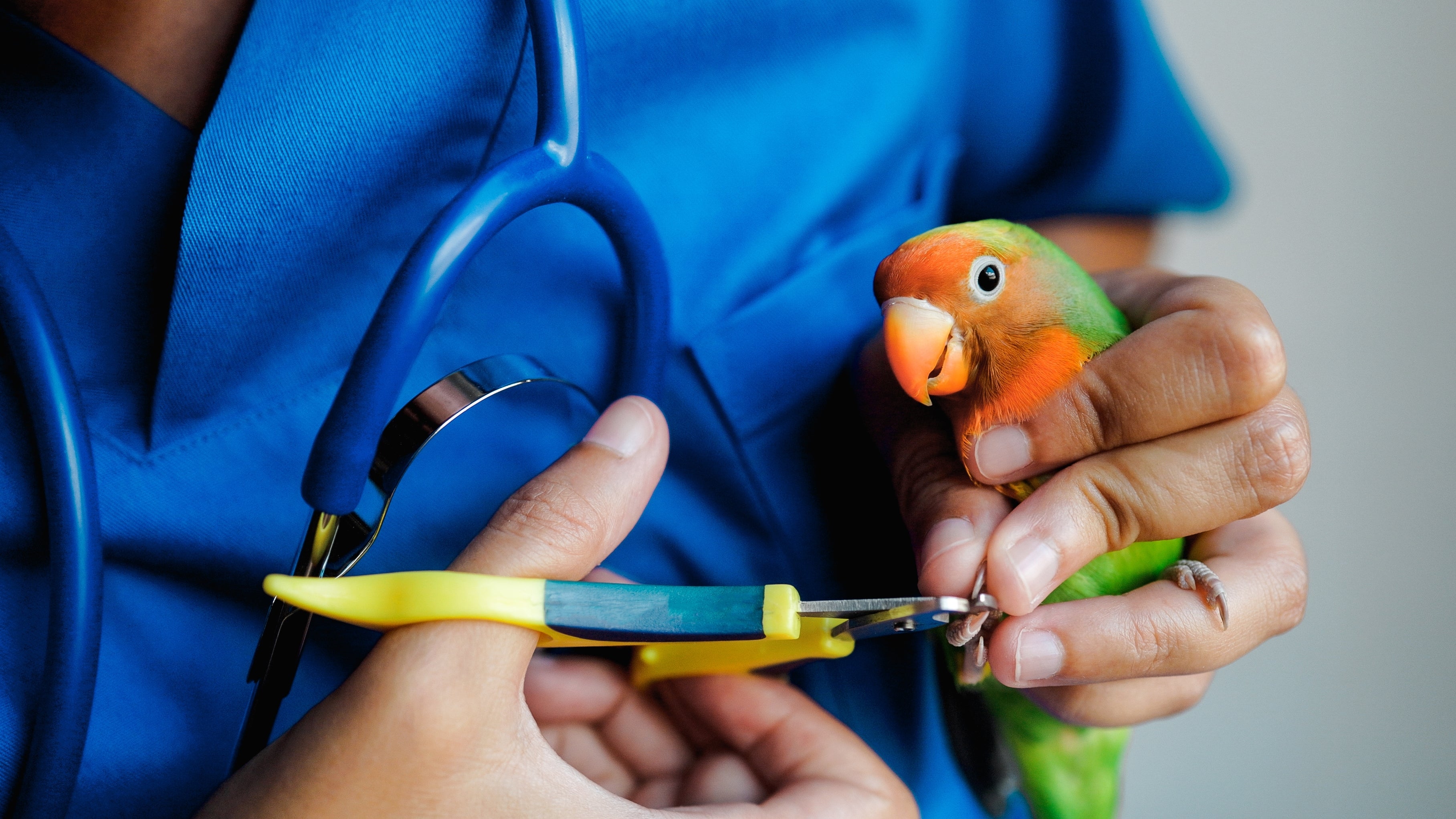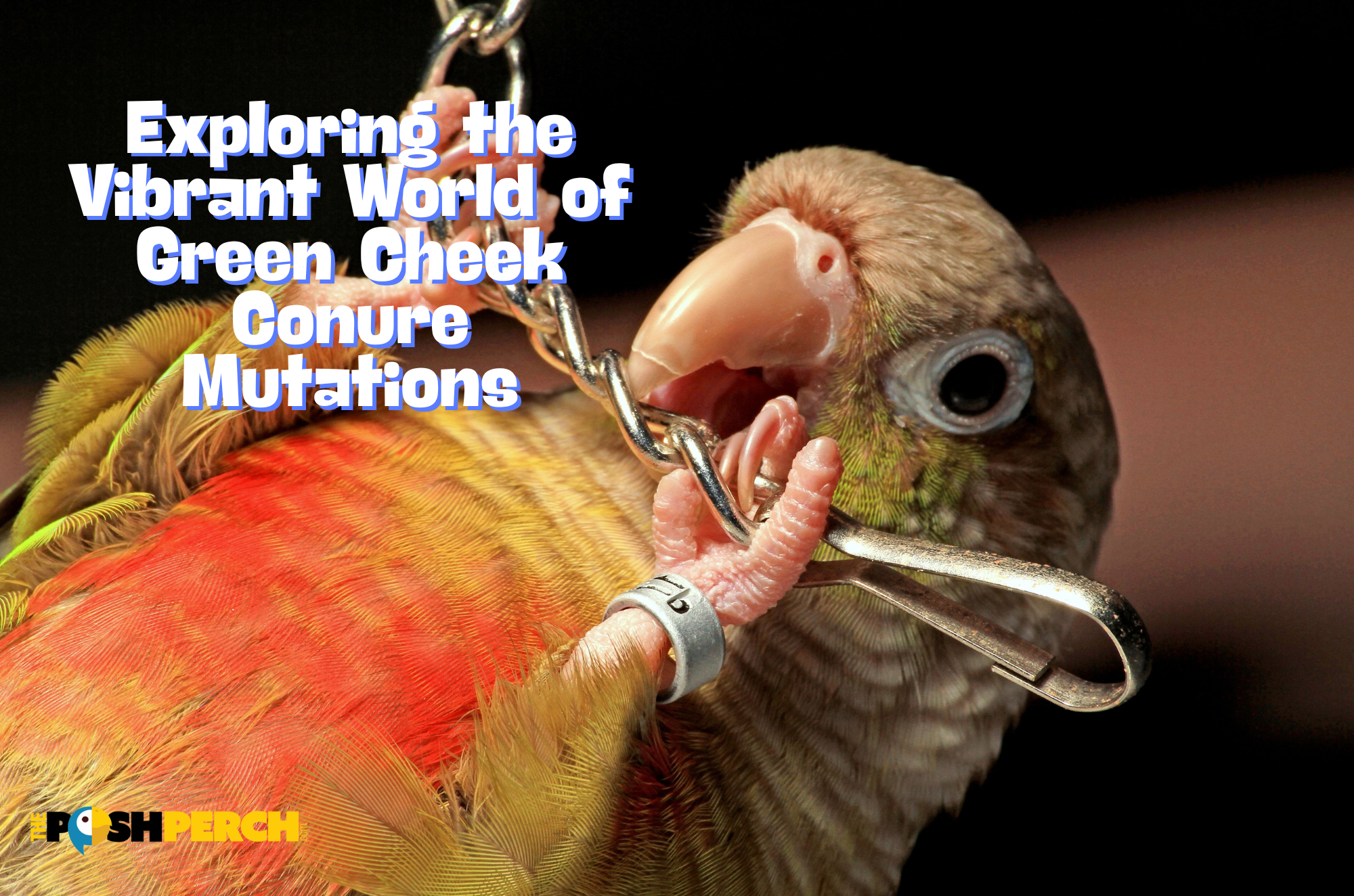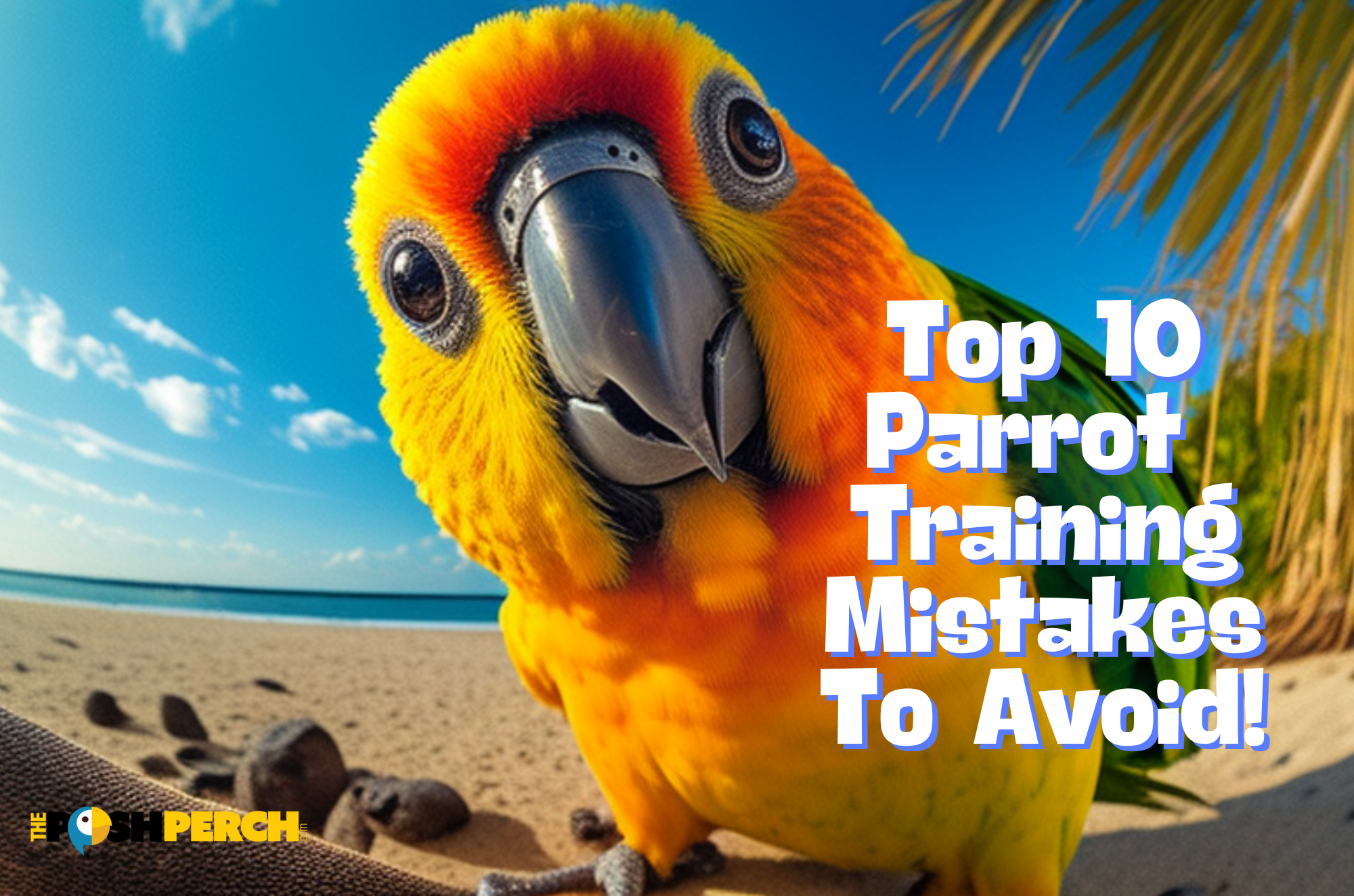
How To Know If Your Green Cheek Conure Is Happy
9 min reading time

9 min reading time
Active and playful behavior is one of the most obvious signs that your green cheek conure is happy and content. These birds are known for their playful and curious nature, so if you notice your bird engaging in a variety of activities, it's a good indication that they are feeling good.
You may notice your green cheek conure exploring their surroundings, climbing on perches and interacting with toys. They may also be more interactive with their owners, climbing on their shoulders or playing with their fingers.
This type of behavior is also a good indication of your bird's physical and mental well-being. An active and playful bird is likely to be in good health, while a lethargic bird may be suffering from an illness or stress.
It's important to provide your green cheek conure with plenty of stimulating toys and activities to keep them active and engaged. This can include climbing structures, puzzle toys, and interactive toys that encourage problem-solving and physical activity.
Interacting with your bird is also important for their mental well-being. Green cheek conures are social animals and thrive on interaction with their owners. This can include playing with them, training them to do tricks, or simply spending time talking to them and bonding with them.
Active and playful behavior is a key indicator of a happy and healthy green cheek conure. By providing them with plenty of stimulation and interaction, you can help ensure that your bird stays happy and content.
It's important to note that every bird is different and may have unique personalities and behaviors. However, by paying attention to these signs, you can get a better understanding of your green cheek conure's happiness and well-being.
Remember that the best way to keep your green cheek conure happy is to provide them with proper care, a varied diet, plenty of toys and interaction with their owners.


